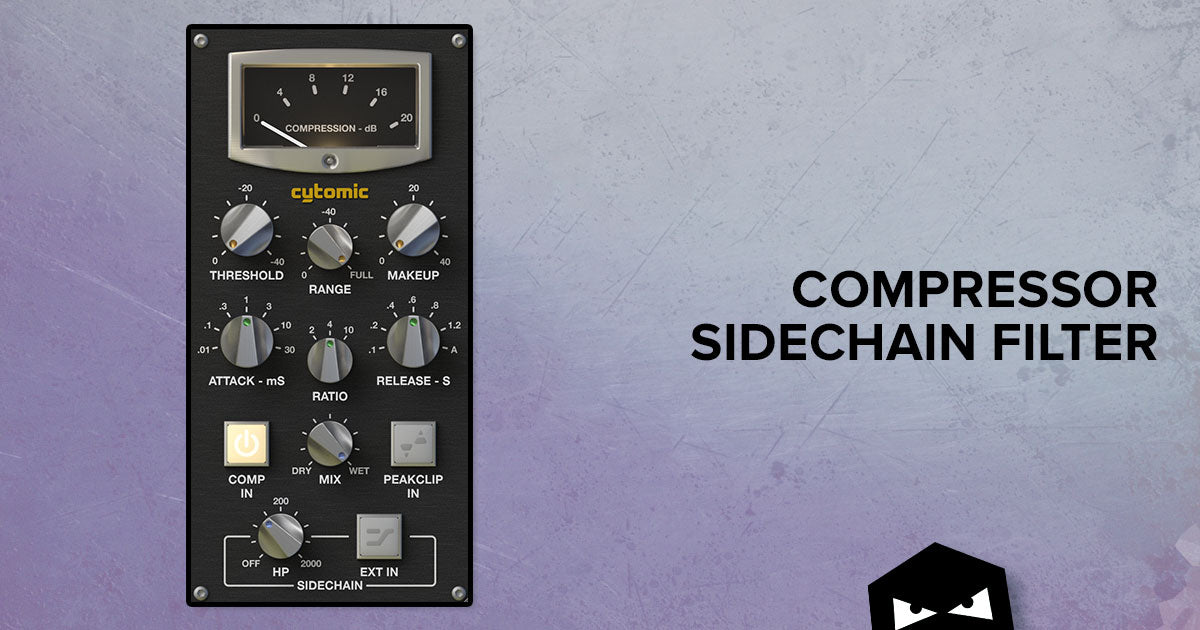
#AudiotentTip 422. Compressor Sidechain Filter.When compressing the mix buss, try engaging the sidechain high-pass filter. This will prevent the lowest frequencies from triggering the compressor.
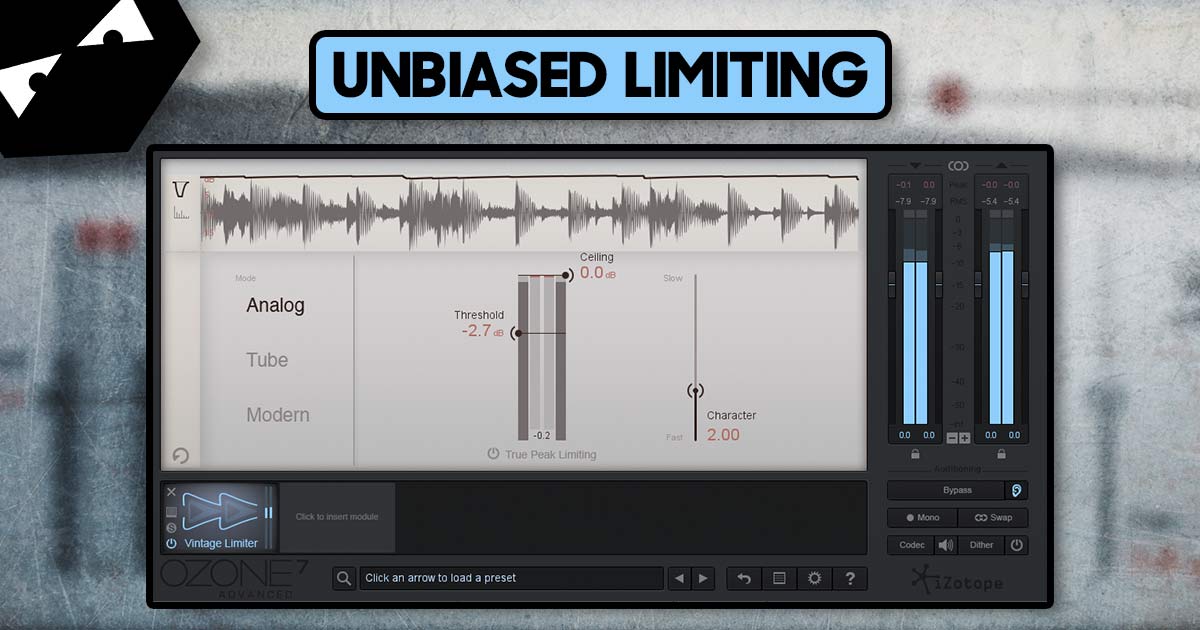
Audiotent Tip 335. Unbiased Limiting.Louder always seems to be perceived as better. When using limiters or any other form of processing to maximise loudness, make sure to match the output level.Thi...
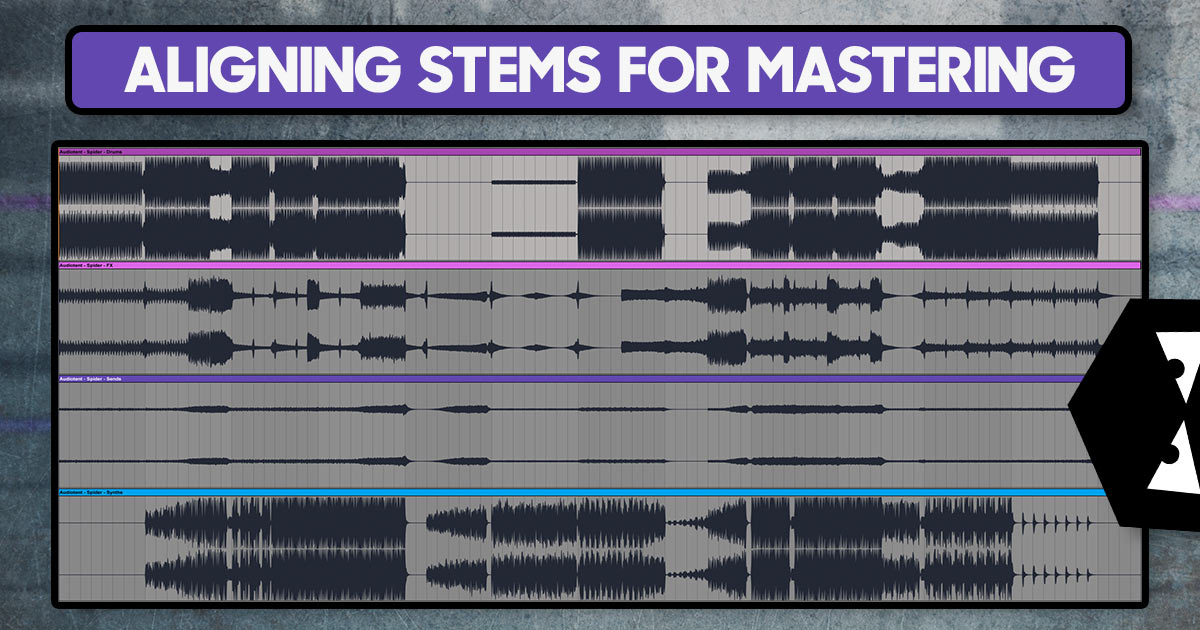
Audiotent Tip 328. Aligning Stems for Mastering. When sending your project for mixing or stereo mastering, make sure that all the individual tracks are perfectly aligned.For example, if your synth ...
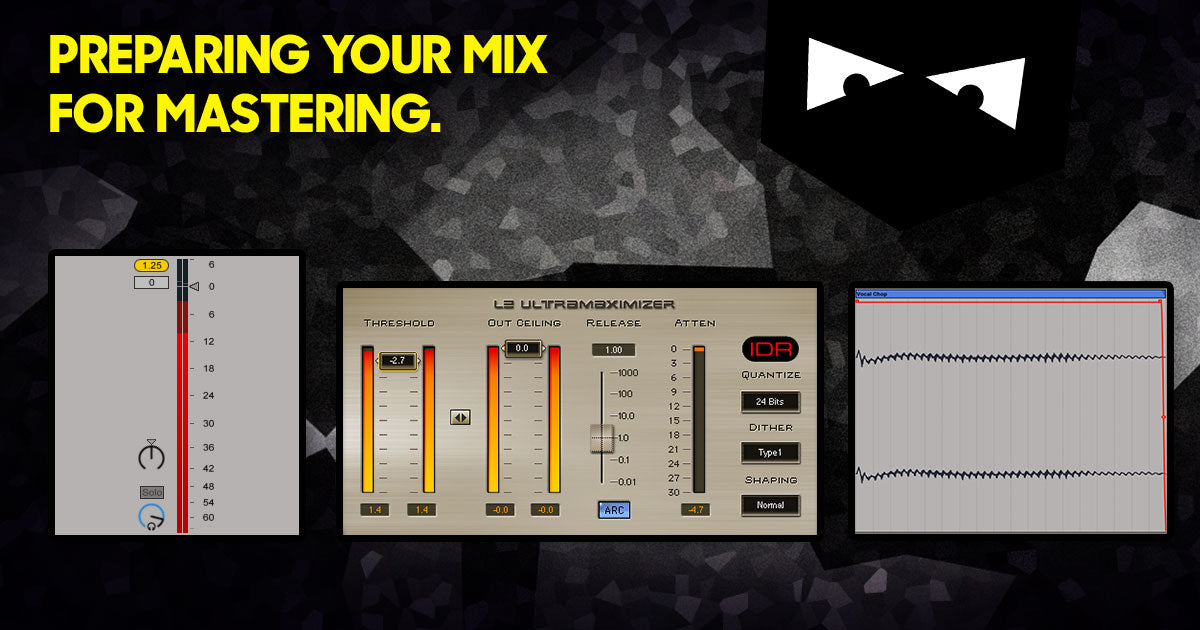
3 Tips for preparing your mix for mastering
Audiotent Tip 321. Here are three tips before you send your track to get mastered. 1) Make sure you don’t apply any limiting or any form of loudness enhancement on your mix. The mastering engineer ...
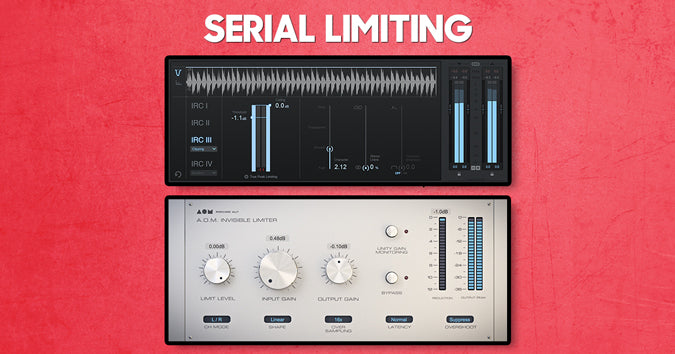
Loud mastering tips - serial limiting
#AudiotentTip 263. Serial Limiting.A great way to achieve a louder master is to limit in series. Running two limiters (one after another) helps to spread the load and can lead to more transparent m...
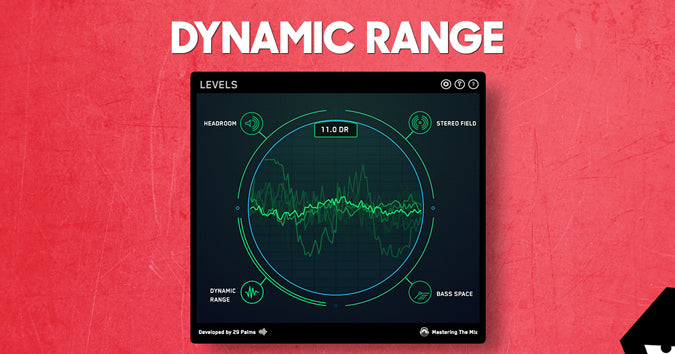
#AudiotentTip 229. Dynamic range.Make sure you don't over compress or over limit your master too much. This will drastically reduce the dynamic range of your track. The transient detail and punch w...
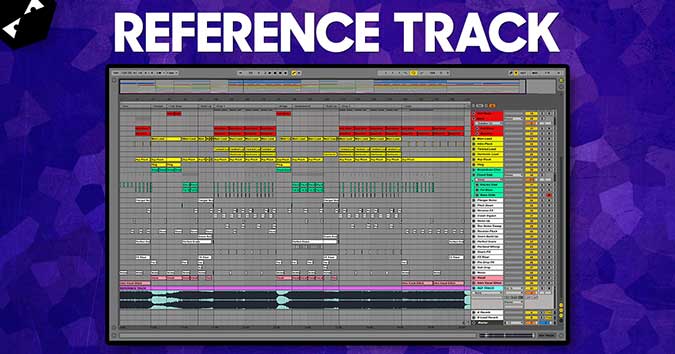
Using a reference track when mastering your music
#AudiotentTip 190. Reference Track.A great technique to help you at the mixing/mastering stage is to import a track you like the mix of. This should be in a similar style and sound. Once you have t...
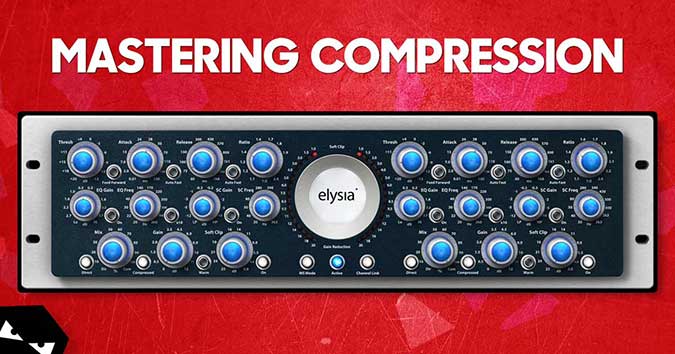
Mastering compression settings
#AudiotentTip 183. Mastering Compression.Sometimes 0.5 or 1db of compression is all you need to glue your mix together. Subtlety often works best when it comes to mastering.
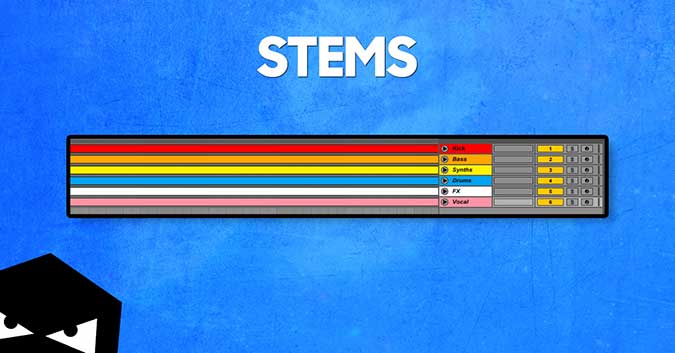
#AudiotentTip 168. Stems.Once you’re happy with your final arrangement and are ready for mastering, bounce out your track to stems. Typical stems would be: Kick, Bass, Synths, Drums, FX, Vocals. On...
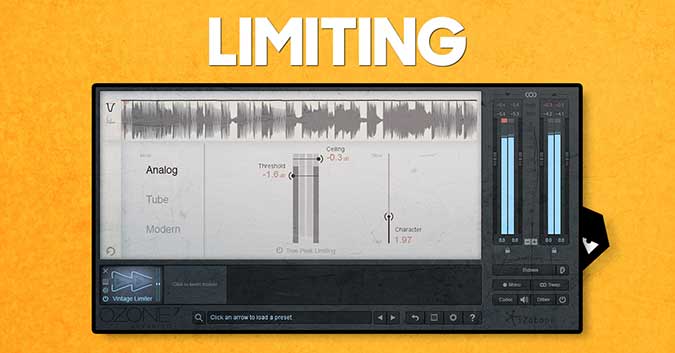
How to use a brickwall limiter in a mastering chain
#AudiotentTip 145. Limiting.When using a limiter, make sure you always match the loudness of pre-processed audio. This way you're not tricking your ears into perceiving louder is better. Critically...
